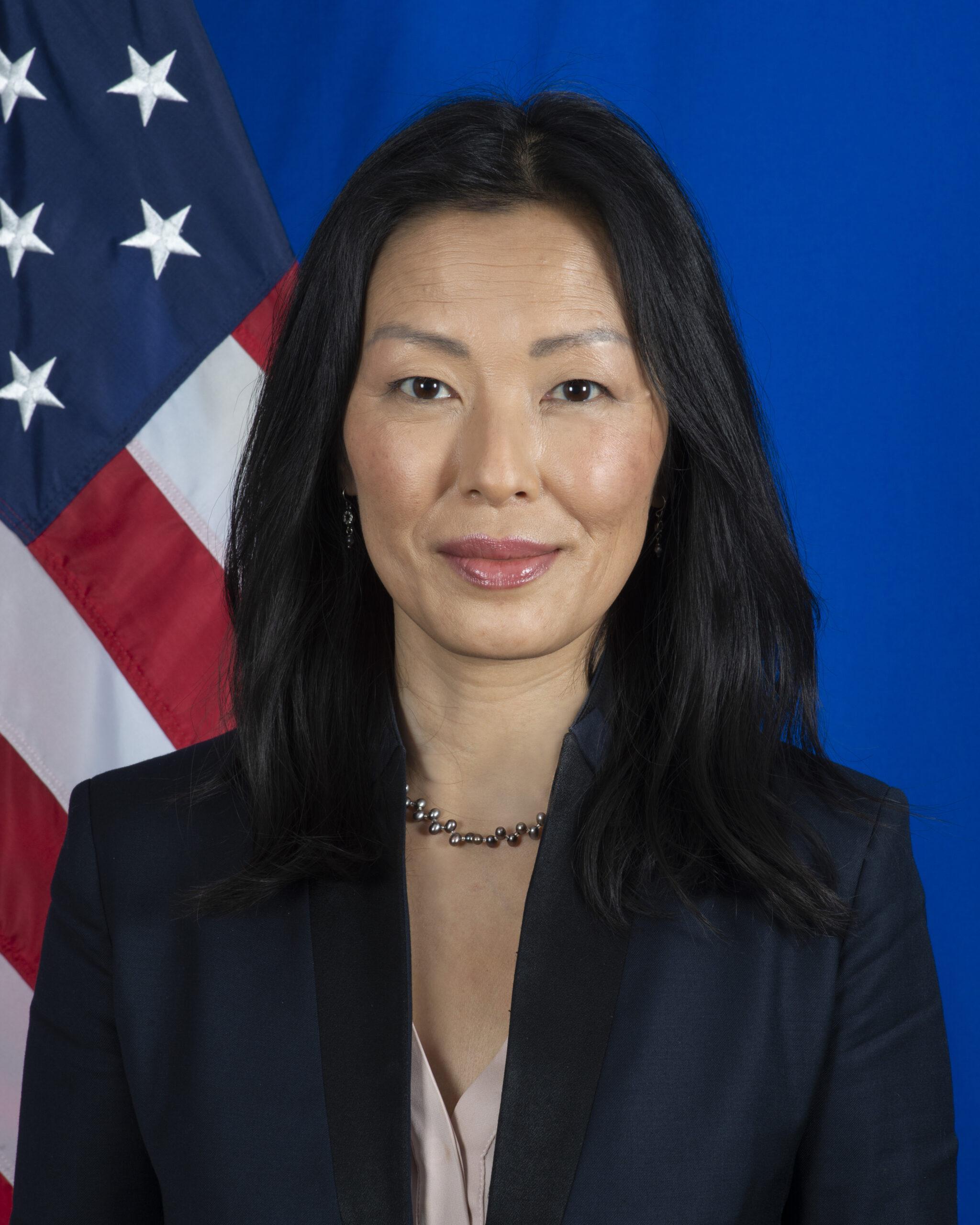{
"authors": [
"Jung H. Pak",
"Evan A. Feigenbaum",
"Darcie Draudt-Véjares"
],
"type": "event",
"centerAffiliationAll": "",
"centers": [
"Carnegie Endowment for International Peace"
],
"collections": [
"Dynamic Security Risks in Asia",
"Korea: Emerging Player"
],
"englishNewsletterAll": "",
"nonEnglishNewsletterAll": "",
"primaryCenter": "Carnegie Endowment for International Peace",
"programAffiliation": "",
"programs": [
"Asia"
],
"projects": [],
"regions": [
"North America",
"United States",
"East Asia",
"South Korea",
"North Korea"
],
"topics": [
"Security",
"Military",
"Foreign Policy",
"Nuclear Policy"
]
}
Making Sense of U.S. Policy Amid North Korea’s Strategic Shift
Tue, March 5th, 2024
Washington, DC
With Russia using North Korean ballistic missiles on the battlefield in Ukraine, Kim Jong Un denouncing his father’s and grandfather’s stance on Korean unification, and borders beginning to reopen to the world after over three years of strict closure, North Korea appears poised for big changes in 2024.
Has North Korea made a strategic shift? What’s responsible for the Kim regime’s new approach, and how can U.S. policy contend with a North Korea that’s emboldened to act more provocatively?
Join Darcie Draudt-Véjares as she sits down with Jung H. Pak, the U.S. senior official for the Democratic People’s Republic of Korea, to discuss these and other issues. Evan A. Feigenbaum will provide opening remarks.
Carnegie does not take institutional positions on public policy issues; the views represented herein are those of the author(s) and do not necessarily reflect the views of Carnegie, its staff, or its trustees.
Event Speakers
Jung H. Pak

Jung Pak is the U.S. senior official for the Democratic People’s Republic of Korea. She also serves as deputy assistant secretary of state for Australia, New Zealand, and the Pacific Islands in the Bureau of East Asian and Pacific Affairs at the U.S Department of State.
Evan A. Feigenbaum is vice president for studies at the Carnegie Endowment for International Peace, where he oversees work at its offices in Washington, New Delhi, and Singapore on a dynamic region encompassing both East Asia and South Asia. He served twice as Deputy Assistant Secretary of State and advised two Secretaries of State and a former Treasury Secretary on Asia.

